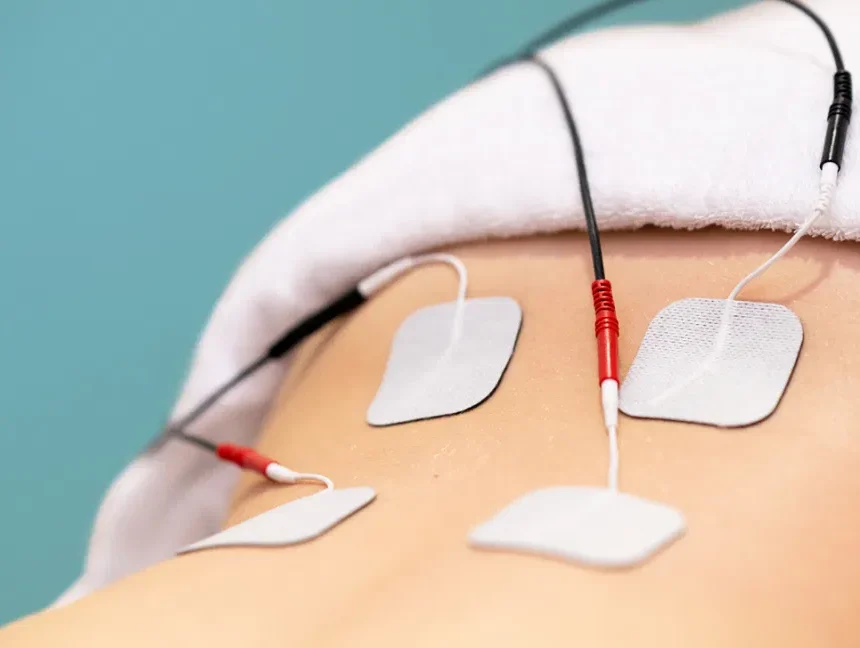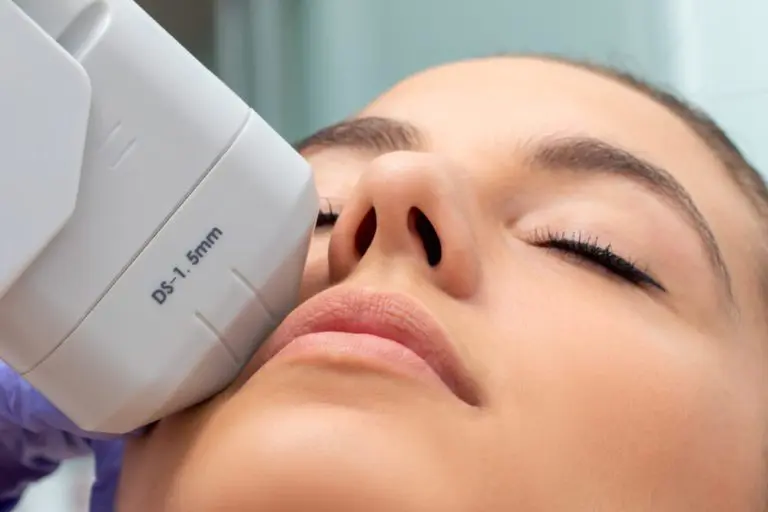Wisdom Tooth Extraction in Dubai
At Rama Clinic in Dubai, we provide expert Wisdom Tooth Extraction services. Our skilled team specializes in safely removing wisdom teeth to alleviate pain and prevent dental issues. Whether it’s due to impaction, crowding, or other concerns, our experienced dentists use advanced techniques to ensure a smooth and comfortable extraction process.
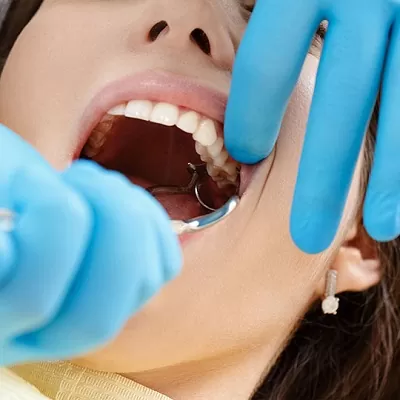
Tooth Removal & Extraction in Dubai
Tooth extraction is a process done by special dentists to remove crowded, infected, or very decayed teeth. The most usual extraction is for wisdom teeth. Though it might seem a bit painful, the right experts can make it easy and smooth. At Rama Dental Clinic in Dubai, we take care of everything from the first talk to the treatment and aftercare. You can trust us to make sure everything goes well and you’re happy with the results. if you need to have a tooth removed or extracted, Rama Dental Clinic is here to help. Our experienced team of dental professionals ensures a smooth and comfortable tooth removal process.Tooth Removal Procedure
Taking out your tooth can be easy or a bit more complicated, based on whether your tooth is showing or stuck.
Simple Tooth Extraction
When a tooth is removed, a local anesthetic is used to numb the area, so you won't feel any pain during the process. Typically, a tool called an 'elevator' is used to gently loosen the tooth and move it out. This helps make the tooth removal procedure more comfortable for the patient.
Tooth Surgery Extraction
In this treatment, both local and intravenous anesthesia can be used by your dentist. Some treatment solutions also include general anesthesia which makes a patient unconscious during the procedure. Using a small incision, your oral surgeon will cut into your gum. The surgeon may also need to remove bone around the tooth for extraction.
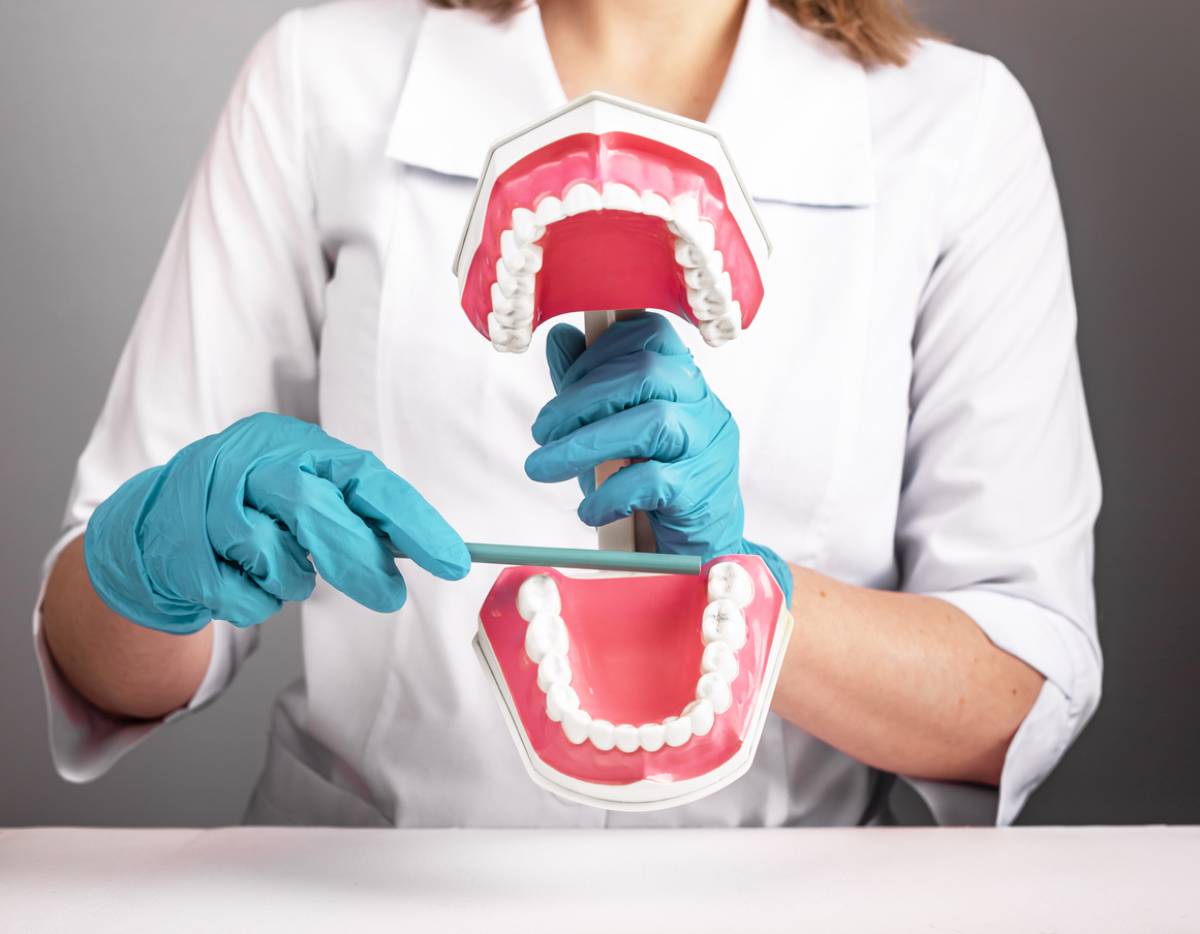
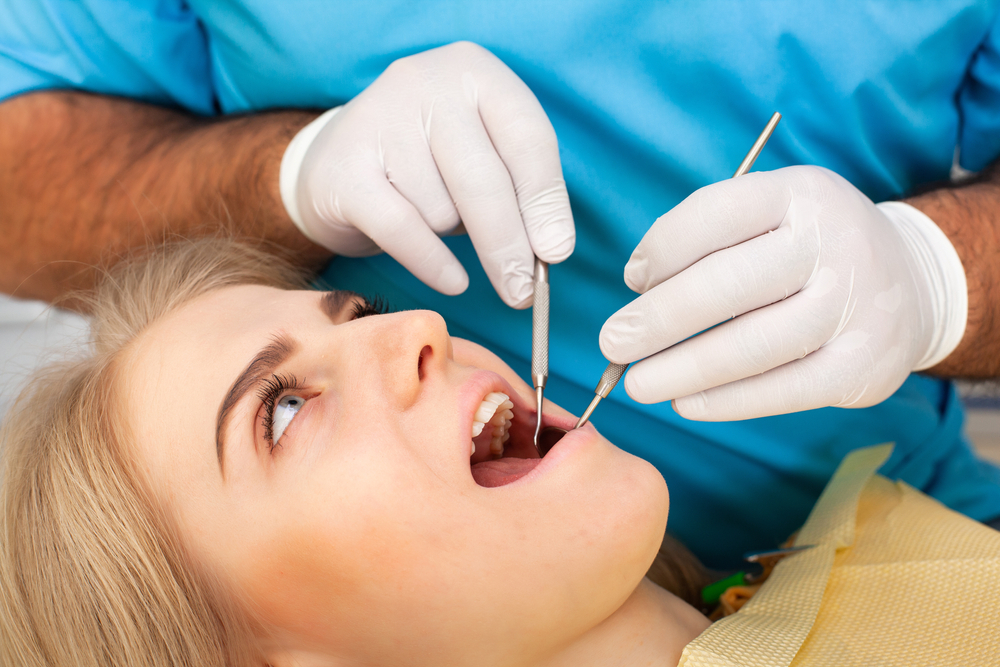
What signs may indicate the need for tooth removal?
When you see your dentist regularly, they can keep an eye on your mouth’s health. If the only way to fix your problem is to take out the tooth, you might have to visit a dentist who removes teeth.If you notice any of these signs, it’s a good idea to get urgent dental help.
- Loosen teeth
- Persistent bad breath
- Pus between teeth and gums
- Sores in the mouth
- Tender, red or swollen gums
- Bleeding gums when flossing or brushing
We Provided All Types Of Dental Treatment
Get treated without pain and with accurate care.
Our dentists, who remove teeth, have lots of experience. They use careful ways to keep your tooth as natural as possible. They might do things like root canal therapy, treat gum disease, or use fillings to fix a crooked or broken tooth. We want to make sure your tooth stays as natural as it can be, and we have the skills to do it well.
Wisdom Tooth extraction or removal can be also implemented for orthodontic purposes. This is particularly in cases when teeth are overcrowding or not impacted in their proper position.
However, your dentist may require special extraction surgery in case the tooth is too much damaged and can’t be saved because of:
Gum Disease that has affected the bone or ligaments
Insufficient space for the wisdom tooth to develop
Injury to the tooth
Severe Decay

Make An Appointment

What are impacted wisdom teeth
A wisdom tooth that does not have enough space for emerging tends to develop at an odd angle, sometimes beneath the gum, and is called an impacted wisdom tooth. It is very painful and may require surgery.The degree of impact varies in patients. Some teeth may be fully impacted (horizontal), while others are partially impacted, with crowns slightly visible on the surface.
Signs and symptoms
- Pain and tenderness in gums at the back of your mouth
- Headaches
- Sharp pain occurring at random intervals
- Visible swelling around the jaws
Preparation for Tooth Surgery
After the initial consultation and scheduling of the procedure, your dentist will take an X-ray and some other images of your tooth. Be sure to tell previous medical conditions if you have any. Your dentist will make sure that all your previous medical conditions are stable before you undergo any treatment. Also, don’t do the following things before you visit the clinic.
Make sure you don't eat or drink for 6-8 hours
Don't smoke beforehand
Tell your dentist if you have sudden fever
If you're receiving general anesthesia, make sure you come with a fellow partner
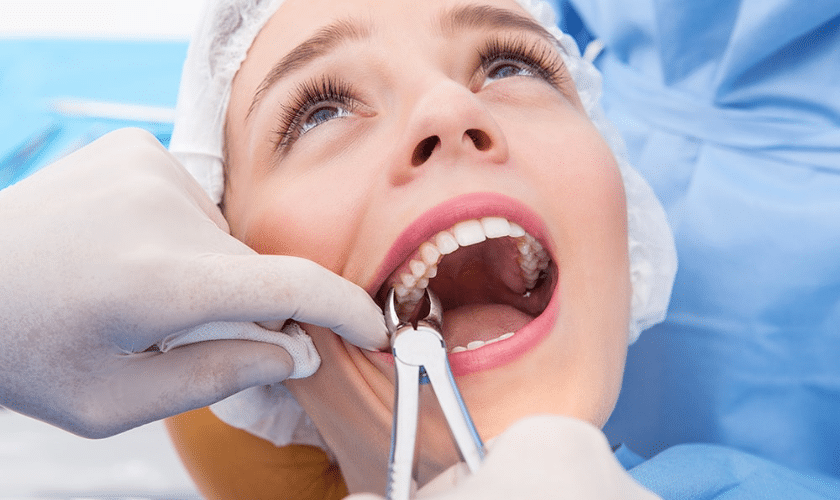
We offer wide range of dentistry treatments
Dr. Varsha Jayasimhan
Ayurvedic DoctorDr. Jeena Mathew
PhysiotherapistDr. Ifada Rohmah
General PhysicianDr. Nabeela Jamshed
General DentistSoumya Abraham
NurseTooth Removal Pain & Aftercare
You won’t feel pain during removal because the dentist uses anesthesia before treatment. If your bleeding continues for more than 24 hours, see your dentist right away. And don’t forget to follow the care instructions after the treatment.
- Relax after the tooth removal surgery
- Use a pillow to prop up your head and don't lie flat
- Take care not to bite into your tongue or cheek
- Avoid smoking or drinking
- Brush your teeth gently

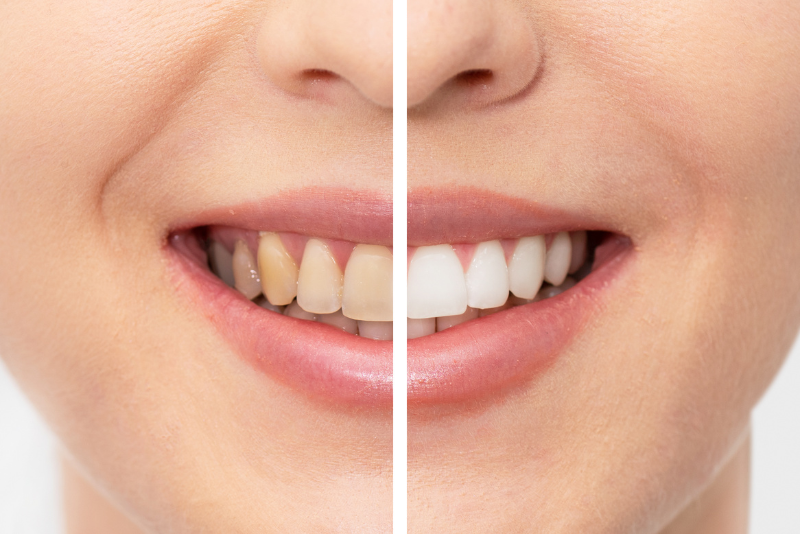





Yes, chemical peel treatments often be combined with other therapies to reach better results or concentration of the number of the treated problems.
Common procedures include a chemical peel after microdermabrasion, laser rejuvenation or Botox, and dermal fillers. Visit us and our expert can offer you a personalized treatment that will be adjusted exactly to your expectations and meet the aims.
The wisdom teeth, also called the third molars, are the last set of molars that grow at the back of the mouth. In many cases, they do not have enough space or alignment, causing a toothache, infection, or risks for the surrounding teeth. Consequently, wisdom teeth are usually extracted to avoid such problems.
The extraction of the wisdom teeth normally involves surgical operations performed under local or general anesthesia according to the severity of the condition.
The oral surgeon will cut out the gum tissue, remove the bone blocking the tooth, and pull out the wisdom tooth. The stitching may be implemented to close the wound, and the bleeding may be controlled by the gauze.
Signs that call for wisdom tooth extraction include pain or discomfort in the rear of the mouth, swelling, redness, or tenderness around the gums, the impossibility of opening the lips, or repeated infection and inflammation in the area.
Your dental professional or oral surgeon may decide whether these wisdom teeth should be extracted.
After wisdom tooth extraction, you are advised that you only eat soft or liquid foodstuffs during the first few days after the operation to prevent you from making the extraction process painful.
It’s recommended to abstain from eating hot, spicy, or hard food because some of them may even cause irritation and the dislodging of blood clots.
After wisdom tooth removal, you may experience pain and swelling. To manage the discomfort, your oral surgeon may recommend painkillers such as prescription drugs or over-the-counter pain relievers such as ibuprofen.
Similarly, using ice packs to the cheeks and gently rinsing with a warm salt solution for mouthmen is recommended on the same line.
If you experience severe pain, excessive bleeding, or swelling that does not diminish, fever, or signs of infection such as pus or an unpleasant smell, immediately call your dentist or oral surgeon. These may be signs of something needing immediate attention.
Real Review From Our Real Customer

Sarah Taylor
DeveloperLorem ipsum dolor sit amet consectetur adipiscing elit sed do eiusmod tempor incididunt ut labore et dolore magna aliqua. Ut enim ad minim veniam, quis nostrud exercitation ullamco laboris nisi ut aliquip ex ea commodo consequat.

Aiken Ward
DesignerLorem ipsum dolor sit amet consectetur adipiscing elit sed do eiusmod tempor incididunt ut labore et dolore magna aliqua. Ut enim ad minim veniam, quis nostrud exercitation ullamco laboris nisi ut aliquip ex ea commodo consequat.

Eachann Jhon
FounderLorem ipsum dolor sit amet consectetur adipiscing elit sed do eiusmod tempor incididunt ut labore et dolore magna aliqua. Ut enim ad minim veniam, quis nostrud exercitation ullamco laboris nisi ut aliquip ex ea commodo consequat.

Smith Jorge
DesignerLorem ipsum dolor sit amet consectetur adipiscing elit sed do eiusmod tempor incididunt ut labore et dolore magna aliqua. Ut enim ad minim veniam, quis nostrud exercitation ullamco laboris nisi ut aliquip ex ea commodo consequat.
Stay Updated With Our Latest News And Blog Articles
- By: admin
- June 4, 2024
- No Comments
Is Electrotherapy Safe During Pregnancy?
- By: admin
- June 4, 2024
- No Comments
Shockwave Therapy vs Electrotherapy
- By: admin
- June 10, 2024
- No Comments






